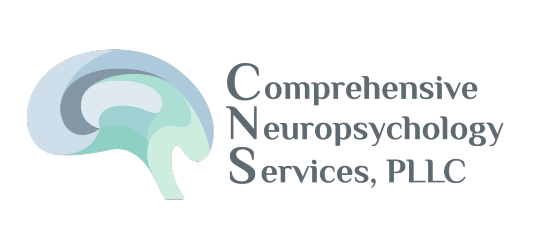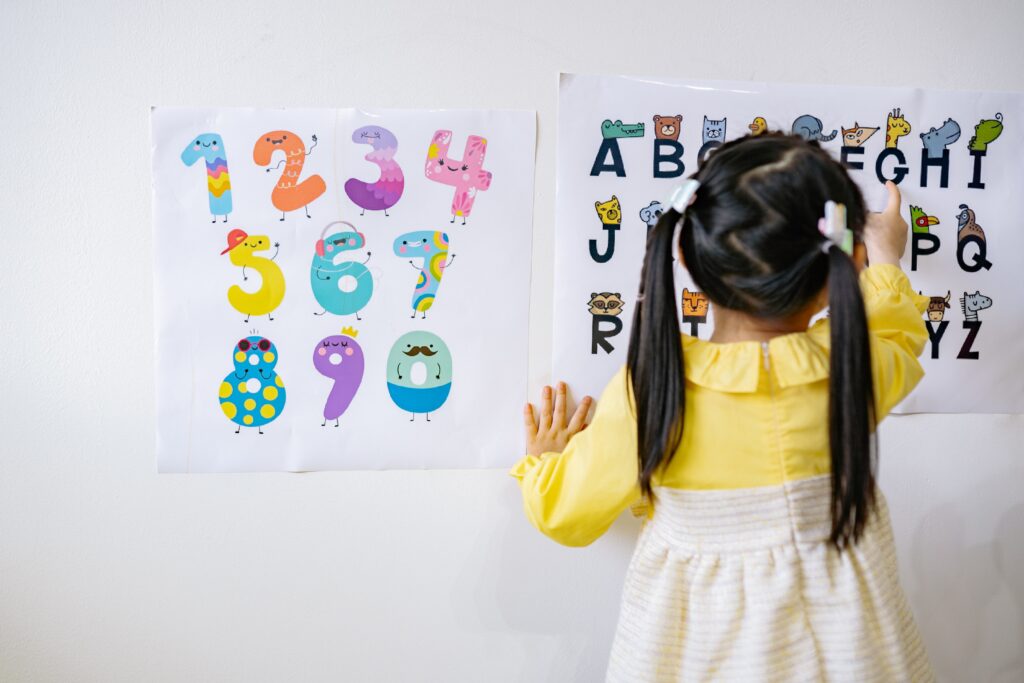
Dyslexia, a language-based learning disability, impacts the lives of many individuals and their families, with an estimated 5-10% of the population facing this challenge. At Comprehensive Neuropsychology Services, our mission is to demystify the complexities of dyslexia through individualized evaluations, offering a deeper understanding of brain function and a personalized guidance for intervention
Understanding Dyslexia and The Brain
Dyslexia is more than just a difficulty with reading; it’s a neurodevelopmental disorder influencing how the brain processes language. Not only does it impact reading, but also can affect other language-related skills, including spelling, writing, and pronouncing words. Picture the brain as a unique puzzle, each piece shaping who we are. For those with dyslexia, certain pieces of the reading and language puzzle may be arranged differently, requiring a special code for decoding.
Individuals with dyslexia often face challenges in phonological processing, impacting their ability to recognize and manipulate the sounds of spoken language. Importantly, dyslexia is not related to a lack of intelligence or laziness and is not simply a matter of seeing letters backward.
Unlocking Strengths and Embracing Differences
Beyond its challenges, dyslexia reveals unique strengths. Research shows that many individuals with dyslexia possess exceptional problem-solving skills, creativity, spatial reasoning, and out-of-the-box thinking. These strengths can be identified through a neuropsychological evaluation, helping the individual, their family, and their team capitalize on these strengths through interventions and supports. Just as every person is different, so is the experience of dyslexia. It’s crucial to celebrate and embrace these differences, recognizing the diverse profiles of strengths and weaknesses among individuals.
The Role of Neuropsychological Assessment
Comprehensive Neuropsychology Services advocates for understanding the underlying neurological processes contributing to dyslexia. Through an evaluation, individuals and families are provided with a richer understanding of the unique cognitive profile, leading to key insights for the individual and their team.
Recent research has shed light on the neural pathways responsible for the complex process of decoding written language. Interventions rooted in multi-sensory language approaches and tailored to individual needs, prove most effective in promoting lasting improvements in reading skills. Multisensory techniques engage multiple senses, reinforcing learning through sight, sound, and touch, strengthening the neural pathways vital for reading.
Support and Next Steps
Dyslexia is not a roadblock; it’s a different path. People with dyslexia often need understanding and support along this path. They also need information. Individualized neuropsychological assessments provide that information by unraveling the cognitive intricacies of dyslexia, empowering individuals and their families to overcome reading challenges. At Comprehensive Neuropsychology Services, our commitment is to make a meaningful impact on the lives of those with dyslexia, fostering a love for reading and learning that lasts a lifetime.










